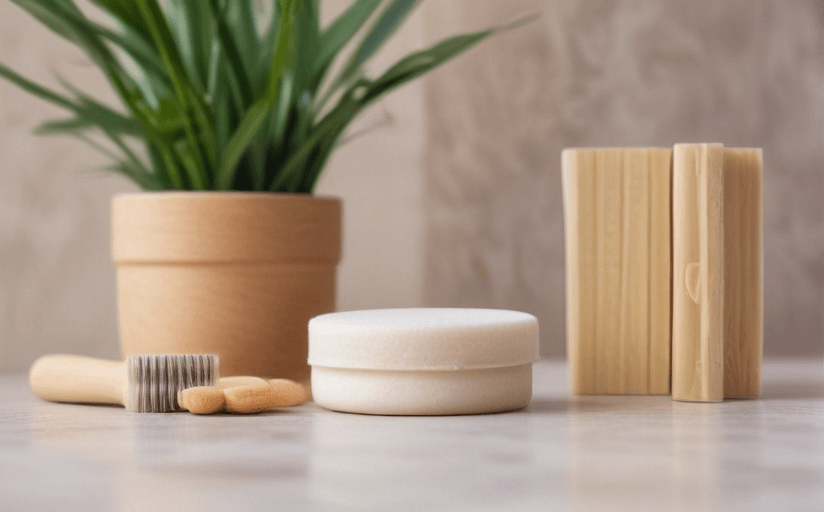The Benefits and Challenges of the Zero-Waste Approach in Personal Care and Beauty Routines
Modern consumer behaviors, particularly in the realms of personal care and beauty routines, have been major contributors to an escalating global waste crisis. Too often, these products we consume daily come at a devastating cost to our planet. Conventional beauty regimen contribute to excessive waste, pollution, and environmental degradation.
The Issue with Conventional Beauty Products and Practices
Many conventional beauty and personal care products are housed in non-biodegradable packaging, adding on to the mounting problem of plastic pollution. Globally, the beauty industry produces more than 120 billion units of packaging annually, contributing a significant amount of plastic to our oceans and landfill. These packages often contain harmful chemicals that leak into our environment, causing tremendous harm to marine life and ecosystems. Many of these products themselves are laden with toxic chemical compounds which wind up in our waterways, damaging aquatic life and biodiversity.
Transitioning towards Zero-Waste Personal Care and Beauty Routines
Adopting a zero-waste approach in our beauty and personal care routines can make substantial positive effects for our environment. Zero-waste routines strive to minimize waste, switching to biodegradable or reusable packaging, and utilizing organic, cruelty-free ingredients.
The benefits of such routines include minimizing our carbon footprints and the pollution of our oceans with plastic waste. However, challenges may frequently arise. The transition may be somewhat costlier initially, as eco-friendly products and packaging often come at a premium. Consumers may also face a challenge in finding suitable products that fit their specific needs.
These routines largely emphasize on not just what's inside the products, but also the packaging they come in. Choosing products housed in recyclable glass or metal containers, or opting for refill options can drastically reduce waste contribution.
Practical Examples and Brands Leading the Zero-Waste Movement
Companies such as Ethique, Lush, and BYBI are spearheading the zero-waste movement in the beauty and personal care industry. Ethique, in particular, offers a range of solid hair and skin products with biodegradable packaging. Lush sells numerous 'naked' products which are packaging free, and BYBI offers skincare products in glass containers with compostable boxes.
Consumers can transition to these practices by gradually switching from typical products to those with eco-friendly packaging and ingredients, and recycling packaging wherever possible.
The Collective Impact of Individual Action
Individual decisions to use zero-waste personal care and beauty routines can create a ripple effect of positive change on the environment. The cumulative impact of many individuals deciding to switch to zero-waste approaches can be significant, leading to reduced waste contribution, diminished carbon footprints, and less pollution of our oceans. While our individual efforts might not seem as impactful, together as a collective, we can make a difference.


















Comments
Leave a Comment